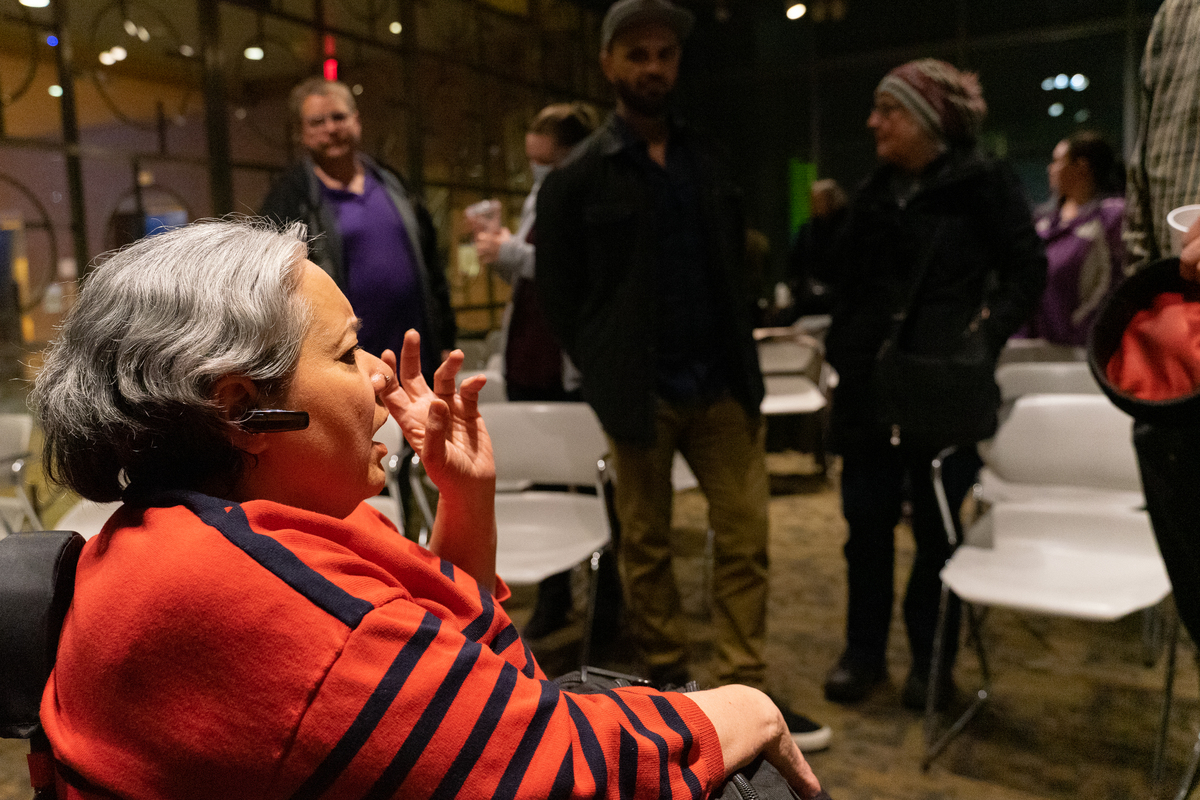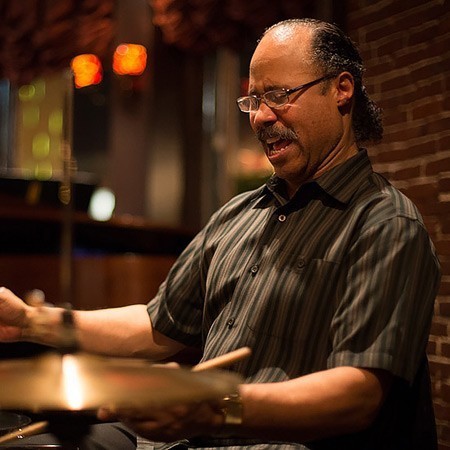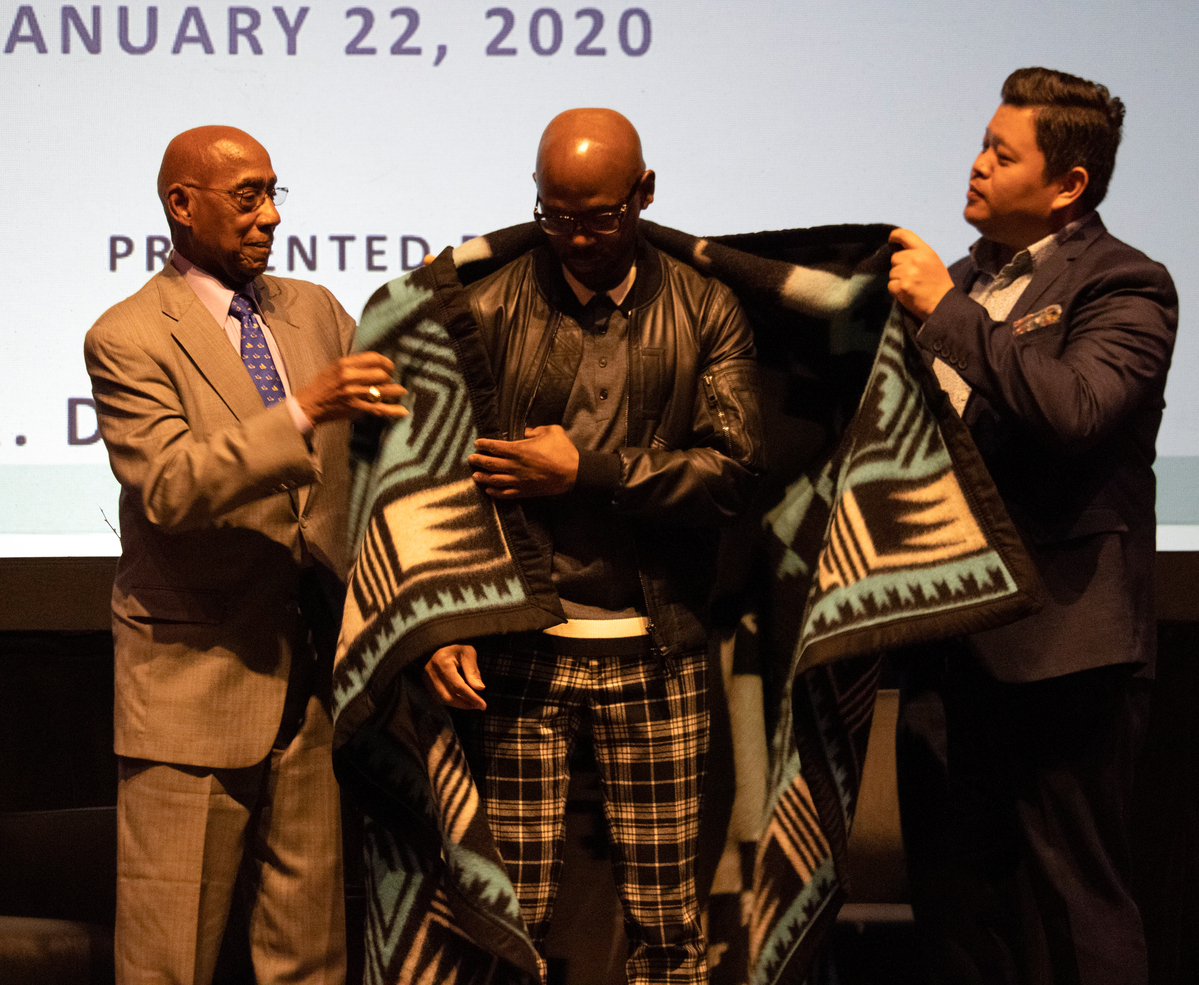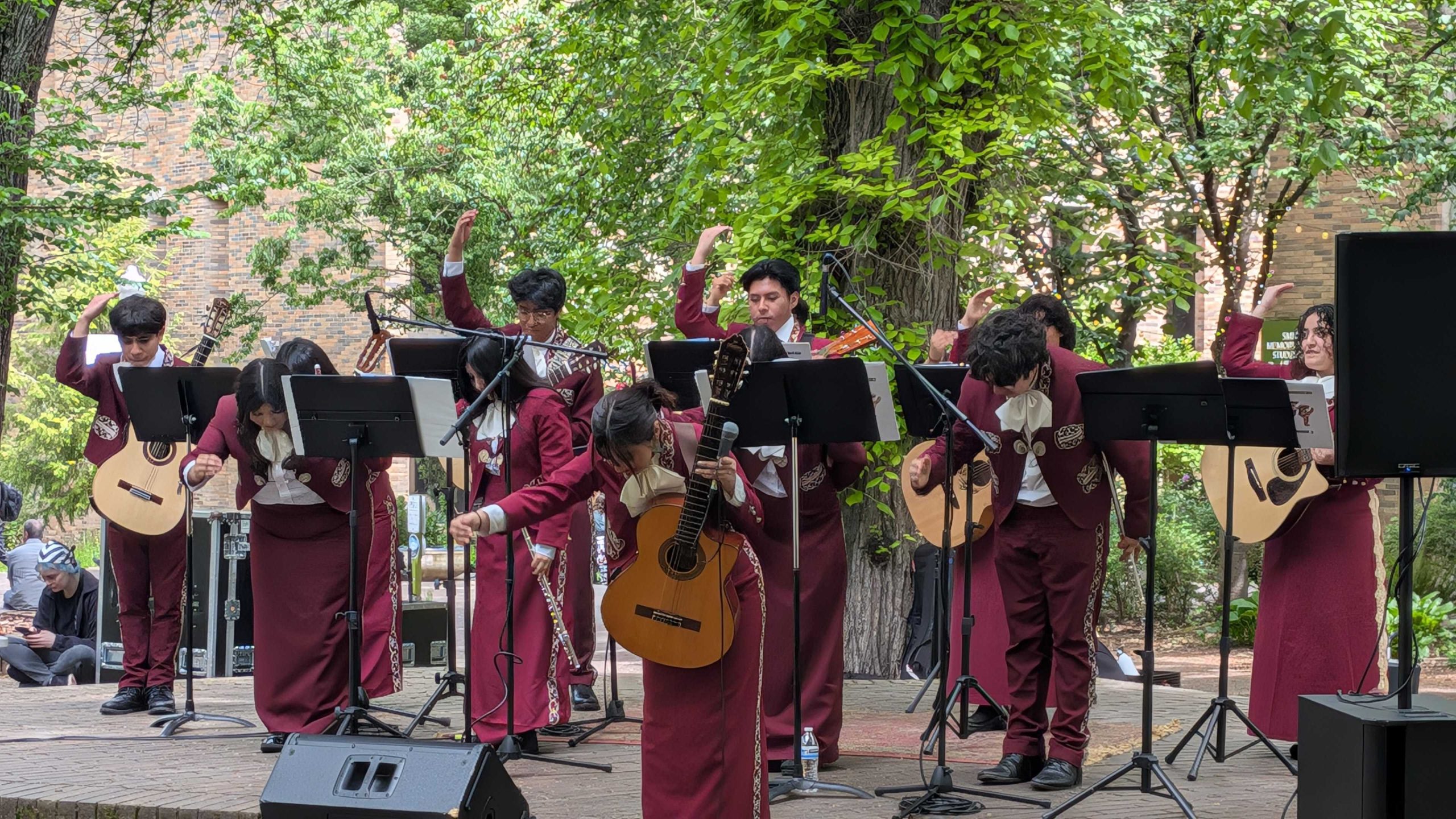Dr. Aisha Musa, a PSU and Harvard alumna, spoke on campus Jan. 22 to educate on the word of the Quran, specifically on the concept of inter-religious relations and multiculturalism.
Musa graduated from PSU in 1990 with a Bachelor of Arts degree in International Studies with a Middle East focus, and returned to graduate in 1992 with a master’s degree in General Arts and Letters with a specialty in Arabic language and applied linguistics. Musa continued to Harvard where she got her Ph.D. in Arabic and Islamic studies.
She has since devoted her time to writing and teaching in the areas of translation of classical Arabic texts, Quranic interpretation, women’s issues, Islamic law and modern-day reformist and neo-traditionalist movements.
The lecture, titled A Quranically-Based Vision of Multiculturalism & Inter-Religious Relations, aimed to shed light on the literal meanings of the Quran and how it can be applied to modern conflict.
Musa began to feel that interpreting the Quran on these topics became essential when movements in Europe attempted to ban the Quran as hate speech.
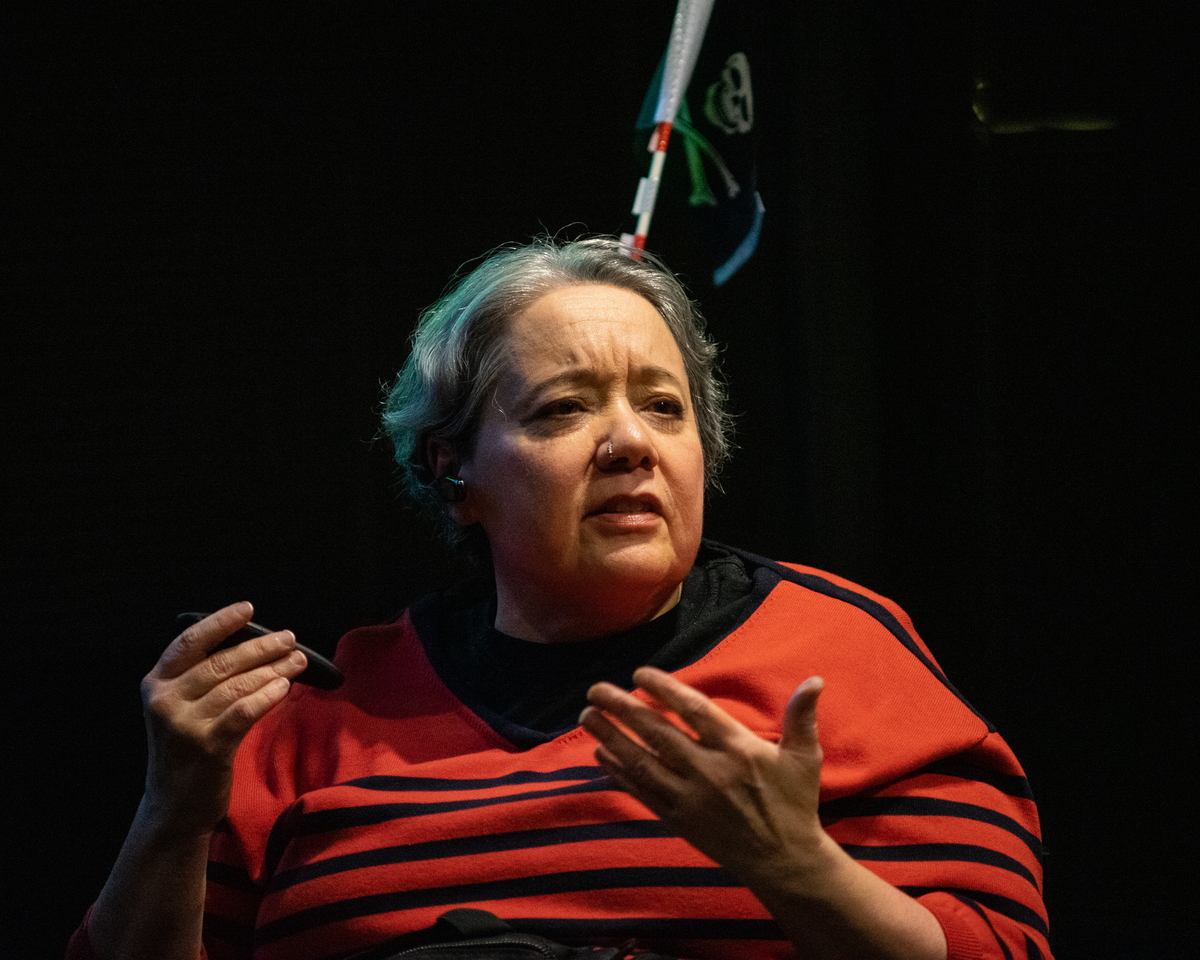
Corinne Hughes, the outreach coordinator for the Middle East studies program said events like these have the end goal of educating those in the community about Islam.
“This talk is particularly important because religion, in general, is just a political topic now,” Hughes said. “I think if we have speakers who are able to shine a light on the inside, and with a perspective that is broad and inviting and founded in a lot of knowledge, then we’re doing a good thing for the community.”
Musa aims to use a holistic interpretation when applying the Quran. “When I say holistic interpretation, I mean that each part of the text is read together. It’s not read separately; every verse on the topic I take with all the other verses within the Quran as an entire text,” Musa said.
Two key interpretive principles used in the readings are tafsir al-quran bil-quran, which translates “to explain the Quran with the Quran,” as well as al-asl fil-kalam al-haqiqa, which translates to “the fundamental principle of speech is literalness.”
Musa pointed to two different verses in the Quran that encourage and embrace differences.
One of the verses, 49:13, which reads, “O mankind! We have created you from a male and a female, and made you into nations and tribes, that you may know one another,” showing that differences among us are purposeful according to the Quran, Musa explained.
“Different cultures are something that God intended,” Musa said. “For a religious Muslim I think that’s an important idea: That God in the scripture that God has revealed, if you believe that the Quran is from God, then for God to say ‘these differences are a sign of God, a sign of God’s greatness,’ then that makes the differences a positive thing, not a negative thing,” Musa said.
Another referenced verse, 5:69 reads: “Indeed, those who have believed [in Prophet Muhammad] and those [before Him] who were Jews or Sabeans or Christians—those [among them] who believed in Allah and the Last Day and did righteousness—no fear will there be concerning them, nor will they grieve”
Musa believes that scripture like this is how the Quran accepts religious and cultural differences, a common misinterpretation of Islam.
Musa said she hopes that those who attended the event “walk away less afraid of Islam than they might have been when they came in, and that they have a better idea of what the Quran says on the issues that we talked about.”

